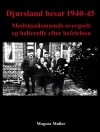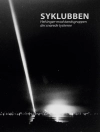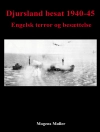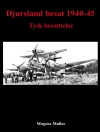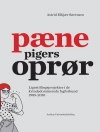Fascism is inherently duplicitous, claiming one thing whilst being committed to something else. In examining this dishonesty, it is essential to distinguish between the surface arguments in fascist discourse and the underlying ideological commitments.
Analyzing contemporary fascism is particularly difficult, since no fascist party admits to being fascist. Drawing on the critical insights of historical and linguistic research, this book offers an original and discerning approach to the critical analysis of fascism. It demonstrates that any understanding of the continuing popularity of fascist political ideology requires interdisciplinary analysis which exposes the multiple layers of meanings within fascist texts and the ways they relate to social and historic context. It is only through contextualization we can demonstrate that when fascists echo concepts and arguments from mainstream political discourse (e.g. ‘British jobs for British workers’) they are not being used in the same way.
About the author
John E. Richardson, Ph D, is a Reader in Critical Discourse Studies in the Department of Social Sciences, Loughborough University, and Editor of the international journal Critical Discourse Studies. His research interests include structured social inequalities, British fascism, critical discourse studies, and argumentation. His recent books include Cultures of Post-War British Fascism (co-edited with Nigel Copsey, Routledge 2015) and Analysing Fascist Discourse (co-edited with Ruth Wodak, Routledge 2013).



